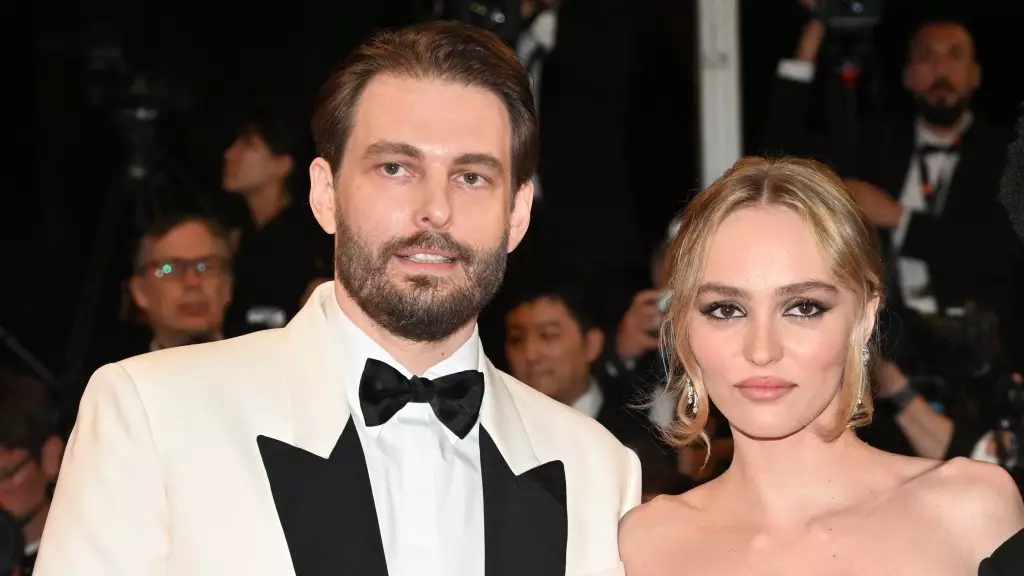In the world of contemporary entertainment, the intersection of artistic vision and public opinion can often yield tumultuous results. A prime example of this can be found in the case of HBO’s controversial series, *The Idol*. With critics largely panning the show and a swift cancellation following its first season, the conversations surrounding it have not shied away from drama. At the center of this discourse is Lily-Rose Depp, who has emerged as a staunch defender of the series’ creator, Sam Levinson. Her reflections provide a nuanced perspective on the often unbalanced dynamic between artistry and criticism.
While critics ravaged *The Idol* for a myriad of reasons—ranging from its content to production issues—Depp offered insights that countered the negative narratives. Acknowledging the contentious nature of Levinson’s work, she emphasized his deliberate approach to provocative storytelling. According to Depp, Levinson was well aware that *The Idol* would spark debate, as he actively seeks to challenge societal norms. “People are always gonna make their own opinions of things,” she asserted, emphasizing the importance of individual interpretation in art. This defense illustrates the delicate balance artists must maintain between their creative intentions and audience reception, which can often be hostile or misinterpreted.
In her podcast interview, Depp articulated her deep connection to Levinson and his wife, Ashley, who is also a producer on the show. This personal bond not only adds layers to her defense but also complicates the narrative of objectivity in artistry. When Depp speaks of her experience on *The Idol*, it’s not merely a professional reflection; it’s imbued with emotional significance. She describes how being under Levinson’s mentorship led her to explore uncharted territories in her acting career—a sentiment that cannot be detached from the personal admiration she holds for him. “They took me under their wing,” she revealed, highlighting a kind of creative family that supported her through a challenging project.
Depp portrayed Jocelyn, a pop star grappling with both personal demons and the judgments of society. The character’s tumultuous journey acts as a mirror to the challenges faced by many public figures navigating the relentless scrutiny of fame. Depp expressed an affectionate connection to Jocelyn, noting, “That was a period in my life where I learned so much.” This is telling of how actors invest pieces of themselves into their roles, blurring the lines between reality and fiction. For Depp, the character’s narrative became a profound learning experience, suggesting that artists often find value and meaning in works perceived as flawed or problematic.
Depp didn’t shy away from acknowledging that *The Idol* was designed to provoke. Her acknowledgment of the societal “buttons” the show attempted to push suggests that controversy can serve a purpose. While audience reactions may have been overwhelmingly negative, especially following the tumultuous behind-the-scenes events—such as the departure of director Amy Seimetz and extensive reshoots—Depp relayed an understanding that art doesn’t exist solely for approval. “It’s okay. It’s beautiful and I wouldn’t have changed anything about it,” she stated, revealing a resolute commitment to the artistic process despite public backlash.
While *The Idol* may not have achieved the success its creators envisioned, the discussions it sparked are emblematic of the broader struggles within the entertainment industry—balancing artistic integrity, public perception, and the often harsh critiques of a fickle audience. Lily-Rose Depp’s passionate defense serves as a reminder that art is inherently personal and can cultivate growth even in the face of adversity. As the industry continues to navigate these complexities, her experience echoes a universal truth: behind every controversial piece of art lies a deeper narrative of connection, ambition, and the pursuit of creative truth.
